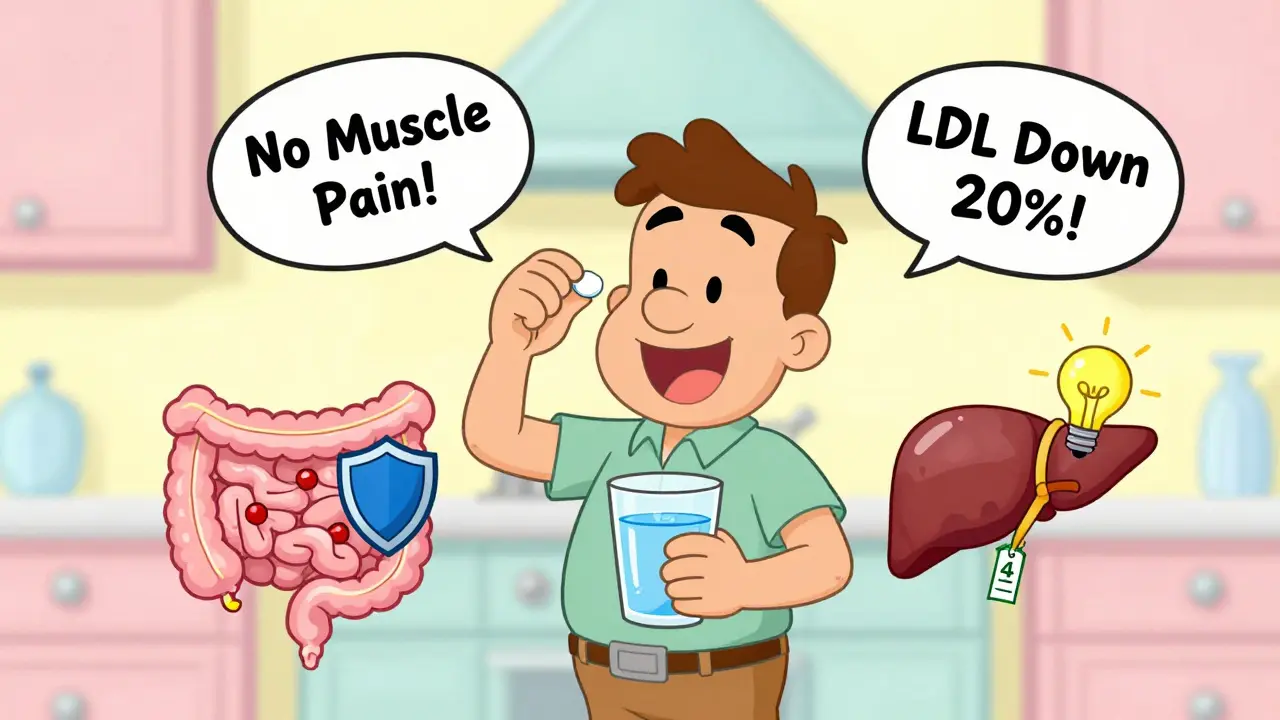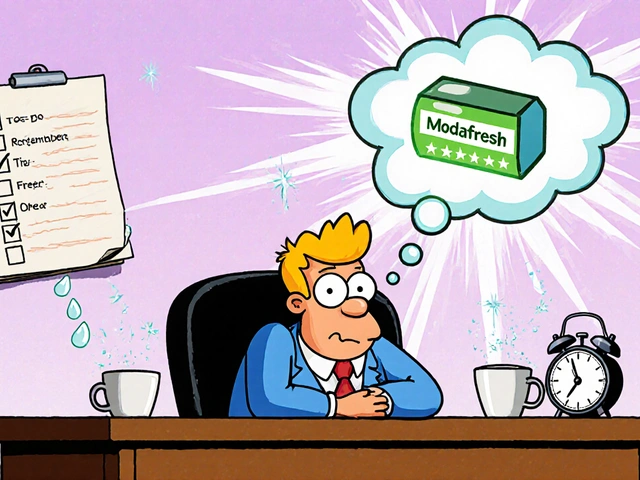Ezetimibe: What It Is, How It Works, and What to Expect
When your doctor says you need to lower your cholesterol and a statin alone isn’t doing the job, they might add ezetimibe, a cholesterol absorption inhibitor that blocks dietary and biliary cholesterol from entering your bloodstream. Also known as Zetia, it’s not a statin—but it works alongside them to help you reach your LDL goals. Unlike statins, which slow down cholesterol production in the liver, ezetimibe targets the small intestine. It stops about 20% of the cholesterol you eat or that’s recycled from bile from getting into your blood. That might sound small, but in real-world use, it often pushes LDL levels down another 15–20% when added to a statin.
Many people turn to ezetimibe because they can’t tolerate statins—maybe they get muscle pain, liver issues, or just feel off. Others use it because their cholesterol stays too high even on the highest statin dose. It’s also common in people with familial hypercholesterolemia or those who’ve had a heart attack and need extra protection. What you won’t find in most ads is that gastrointestinal side effects, like diarrhea, stomach discomfort, or gas, happen in about 1 in 10 users. These aren’t dangerous, but they can be annoying. Most people get used to them within a few weeks. If they stick around, your doctor might adjust your dose or timing—taking it with food often helps.
It’s also worth knowing that ezetimibe doesn’t work like a magic pill. It won’t fix your diet or replace exercise. But when paired with healthy eating and movement, it gives you a real edge. Studies like the IMPROVE-IT trial showed that adding ezetimibe to simvastatin reduced heart attacks and strokes over time, especially in high-risk patients. That’s why it’s not just a backup—it’s a proven part of long-term heart care.
What you’ll find in the posts below are real patient experiences and clinical insights on how ezetimibe fits into daily life. You’ll read about how side effects fade for some but not others, how it stacks up against other cholesterol drugs, and what to do if you’re still struggling with your numbers. There’s no fluff here—just straight talk on tolerability, timing, and what actually matters when you’re taking this daily pill to protect your heart.





